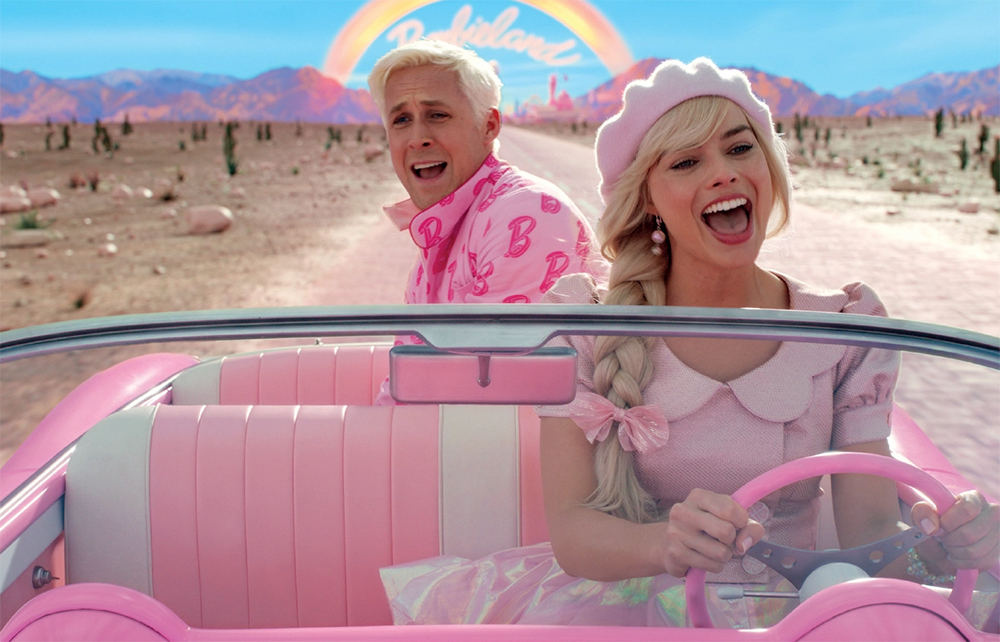A few weeks ago I had a crack at coming up with my own sociological ‘law’ and my first effort went as follows: ‘The more progressive a country is when it comes to sex and gender, the more authoritarian it is when it comes to speech and language.’ I was thinking of Ireland which, having legalised abortion in 2018, is about to impose the most draconian speech restrictions in Europe. I now propose a second law: ‘Any group described as privileged is in fact marginalised; and any group described as marginalised is in fact privileged.’
A case in point is white men – and in particular cisgendered, heterosexual, able-bodied, middle-class white men – who are now at the bottom of the intersectional hierarchy of oppression in most professions. But to add to their misery, these poor, benighted souls have to pretend they’re at the top of that self-same pyramid if they’re to retain their jobs, apologising for their ‘privilege’ in front of their more powerful black, female, non-binary, gay and disabled colleagues.
The idea that women are the less ‘privileged’ sex is a cliché men are obliged to trot out
Some will think I’m being deliberately provocative, so I’ll reel off some facts and figures to illustrate this point with respect to just two groups: men and women. Their relative status is the exact opposite of how it’s usually described, making it the perfect illustration of Young’s Second Law. Some of the stats about just how underprivileged men are probably won’t come as a surprise. We all know boys fare worse than girls at school, one reason 35,000 fewer 18-year-old boys will go to university this month than 18-year-old girls. We also know that men are more likely to be addicted to drugs and alcohol, account for three-quarters of all suicides and almost 90 per cent of the homeless.








Comments
Join the debate for just £1 a month
Be part of the conversation with other Spectator readers by getting your first three months for £3.
UNLOCK ACCESS Just £1 a monthAlready a subscriber? Log in